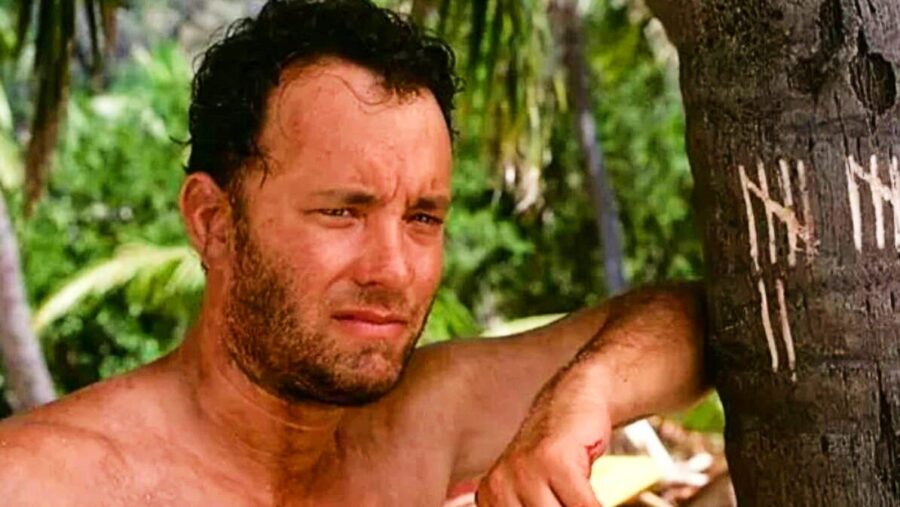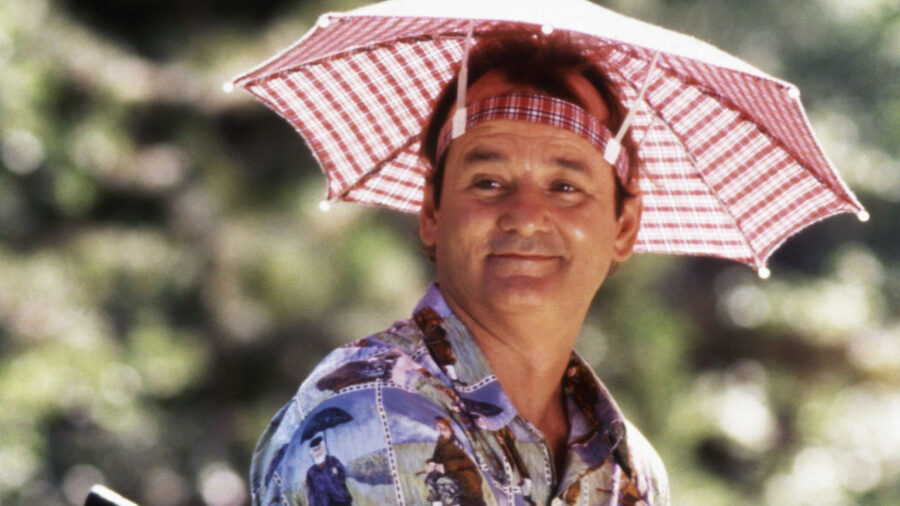Bill Murray Almost Played An Iconic Tom Hanks Role
This article is more than 2 years old

Tom Hanks has played many roles in his life, some better than others. Cast Away’s Chuck Noland. Sully’s Sully. Chet Hanx’s dad. But arguably, the single most famous of all the parts he has played is that of Forrest Gump, the zeitgeist-tracking protagonist of Robert Zemeckis’ film of the same name. Imagining anyone else playing the good-hearted, extremely passive experiencer by proxy of all of Baby Boomer mythology is pretty difficult, but it almost happened. And the other legendary actor that might have played the role was apparently Bill Murray. The Saturday Night Live alumnus revealed that he had been “in conversations” for the role in an interview with Howard Stern on the SiriusXM program The Howard Stern Show back in 2014, but it is just as bizarre to imagine the star of Meatballs sitting at a bus stop with a box of chocolates now as it was then.

To be fair, there was a time when it would have been just as weird for Tom Hanks to be playing the part of Forrest Gump. Much like Bill Murray, Hanks began his career in comedy, though he typically played an alcoholic uncle or a vengeful karate master rather than sketch and improv. Both men gradually moved more to drama and eventually were acclaimed for unexpected range. The first film to showcase Tom Hanks in a purely dramatic role was the 1993 Jonathan Demme film Philadelphia, which won Hanks his first Academy Award for Best Actor. Interestingly, in the same interview with Howard Stern, Bill Murray stated he had also been up for a part in the acclaimed legal thriller. In this case, he was being looked at for the role of Tom Hanks’ AIDS patient’s lawyer, which was eventually played by Denzel Washington. Still, a parallel world in which Tom Hanks teamed up with Bill Murray for one of the boldest (and most controversial) movies of the 1990s is pretty wild to imagine.
It is also worth noting that Tom Hanks won his second Academy Award for Best Actor for Forrest Gump, just a year after Philadelphia. Hanks was on a bit of a golden run at that point, and it is unlikely that Bill Murray could have eschewed his trademark sardonic edge at that time period to perform the sincerity required. Murray’s own dramatic breakthrough would come in 2003 with Sofia Coppola’s Lost in Translation, which would earn him a nomination for Best Actor (though he lost to Sean Penn’s sheer volume of acting in Mystic River).
Both Tom Hanks and Bill Murray are beloved elder statesmen of Hollywood at this point and have become something of pop culture folk heroes for popping up in random places. Murray’s chaotic reputation includes him often not taking roles that he later regretted (Garfield, maybe), in large part because of the long-rumored, recently-confirmed rumor that in lieu of an agent or manager he has a 1-800 number that he infrequently checks to see what roles he is being offered. It’s fun to think of what’s in that mailbox he’s not checking right now.












